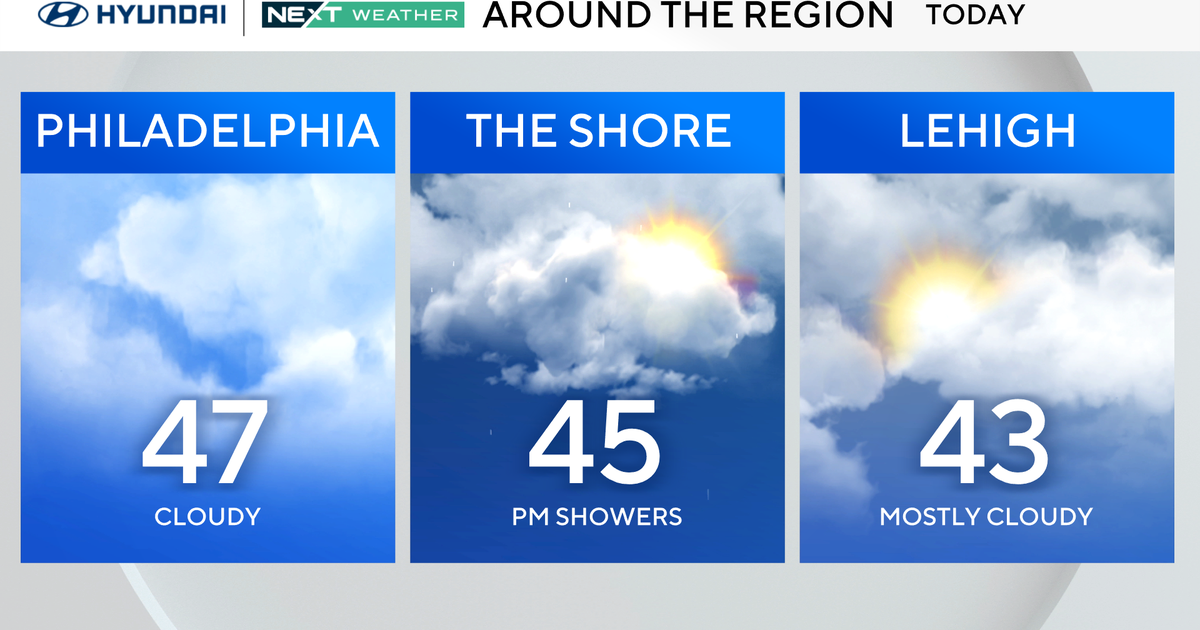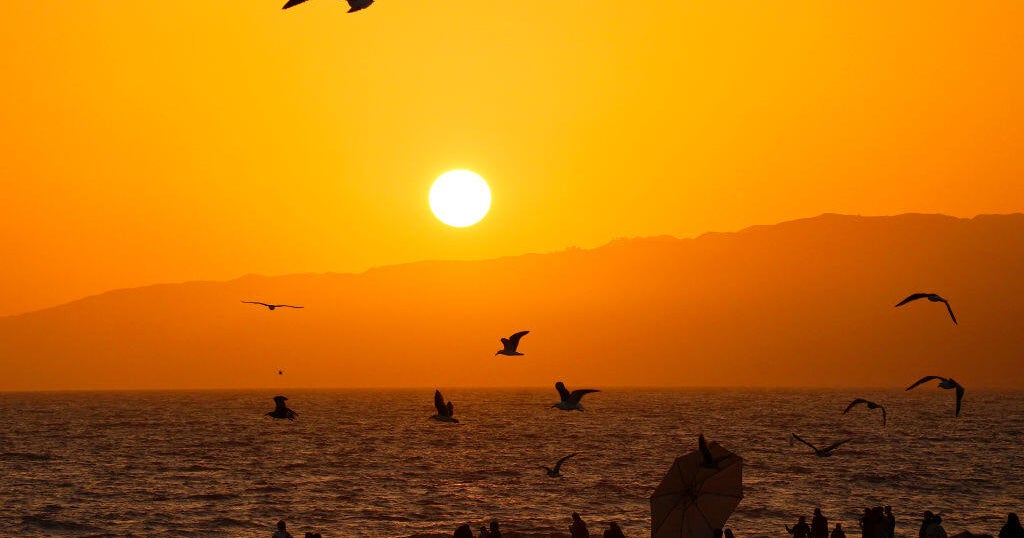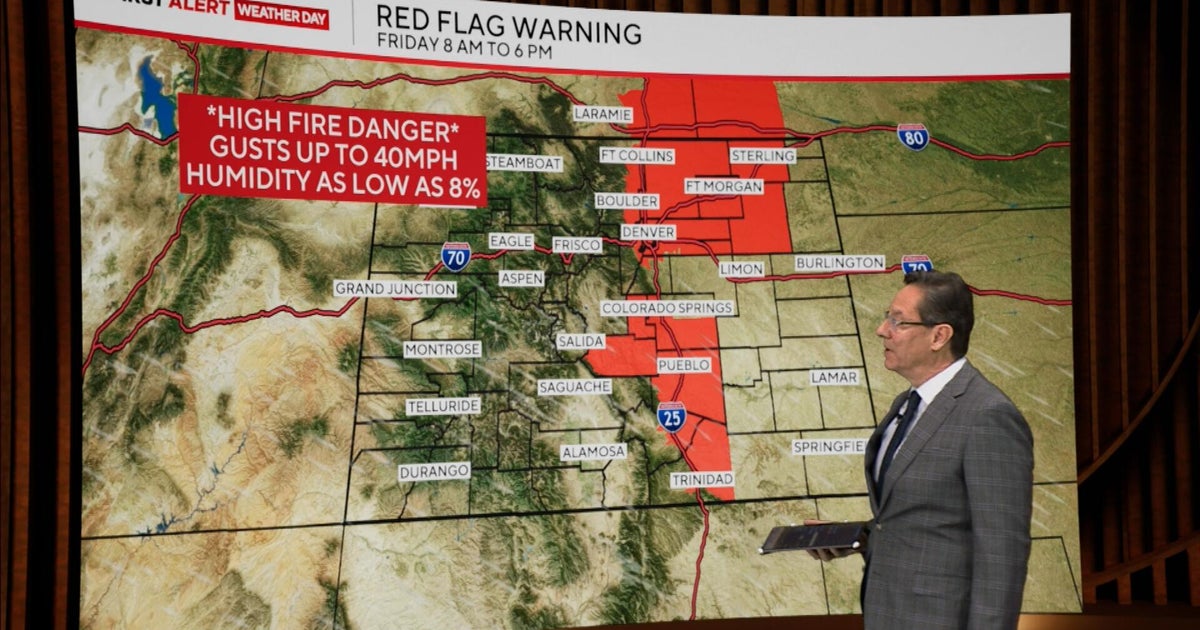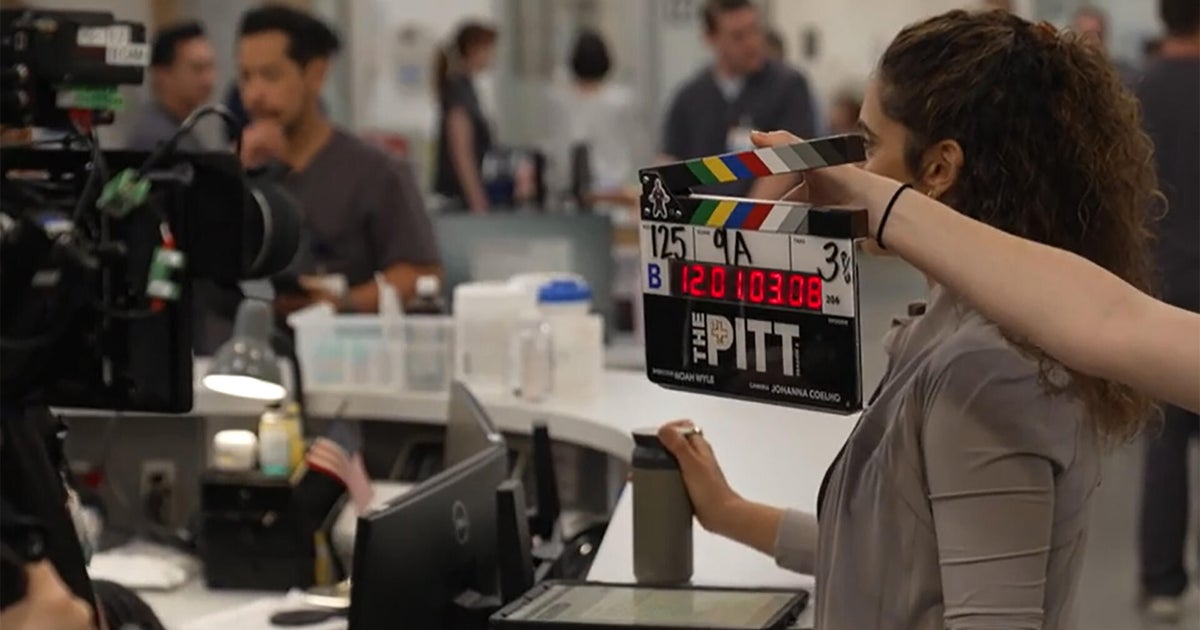'Infamous' Leonid meteor shower worth staying up for in Boston area
By Terry Eliasen, WBZ-TV Meteorologist, Executive Weather Producer
BOSTON - I write a lot of these blogs about meteor showers. Honestly, most of them tend to disappoint for one reason or another. Too many clouds, the peak often occurs too late (after midnight) for most to see, the moonlight gets in the way, or frankly, many times there just aren't that many meteors.
The Leonid Meteor shower, which happens to be coming up later this week, is one of the more infamous of the group. It tends to produce a bit more action than many of the other showers throughout the year and it has had some absolutely spectacular performances. This year, there are some scientists that are predicting another burst. Russian expert Mikhail Maslov along with Japanese expert Mikiya Sato both claim that Earth will be passing through a particularly dense portion of dust this go around left by Comet Tempel-Tuttle back in 1733.
These occurrences are notoriously hard to predict and, of course, the timing has to line up just right for you to see it overhead. There may actually be a few peak times this week for the Leonids.
The first window appears to be Thursday, around 7 p.m. EST, however that would be too early for us in North America. Unfortunately, we have to wait for the constellation Leo to rise above the horizon (the general location from which the meteors come from), and that doesn't happen in our area until after midnight. That timing would favor folks over in Europe and western Asia. We would still likely still see some Leonids early Friday morning, but chances are the main show would have passed.
There is a second window which could be a bit more favorable. The prediction is that burst number two will arrive around 1 a.m. EST on Saturday. This would be excellent timing for us here on the East Coast with Leo a good distance above the horizon and the moon just below the horizon. The experts are predicting the possibility of as many as 200-300 meteor per hour, but adding that a conservative estimate may be closer to 50+ per hour.
The Leonids generally hit Earth head on, meaning the zip through our atmosphere very quickly (more than 40 miles per second). This typically produces bright and colorful "shooting stars" and long trails as well. My guess, the estimates are probably overdone. . . I am no expert on the subject, but I have written enough of these articles to know that more often than not, the numbers are over forecast. However, this is one of those shows that, even if you catch a handful, will be well worth the effort.
As always, if you are planning on heading out, there are a few "best practices" for viewing meteor showers:
- Set up in the darkest area possible without artificial light
- Get as much of a clear view in all directions as possible without obstructions
- Dress warm, and get comfy. . . maybe set up a lounge chair that can tilt back
- Again, best time would be after 1 a.m. when Leo rises in the east
Finally, the weather forecast: Both nights look partly cloudy to mainly clear and dry. So, cloud cover shouldn't be a huge issue. It will be very cold though. Temperatures will drop into the 20s late at night with a bit of a breeze.
I wish you all good luck and happy viewing!








